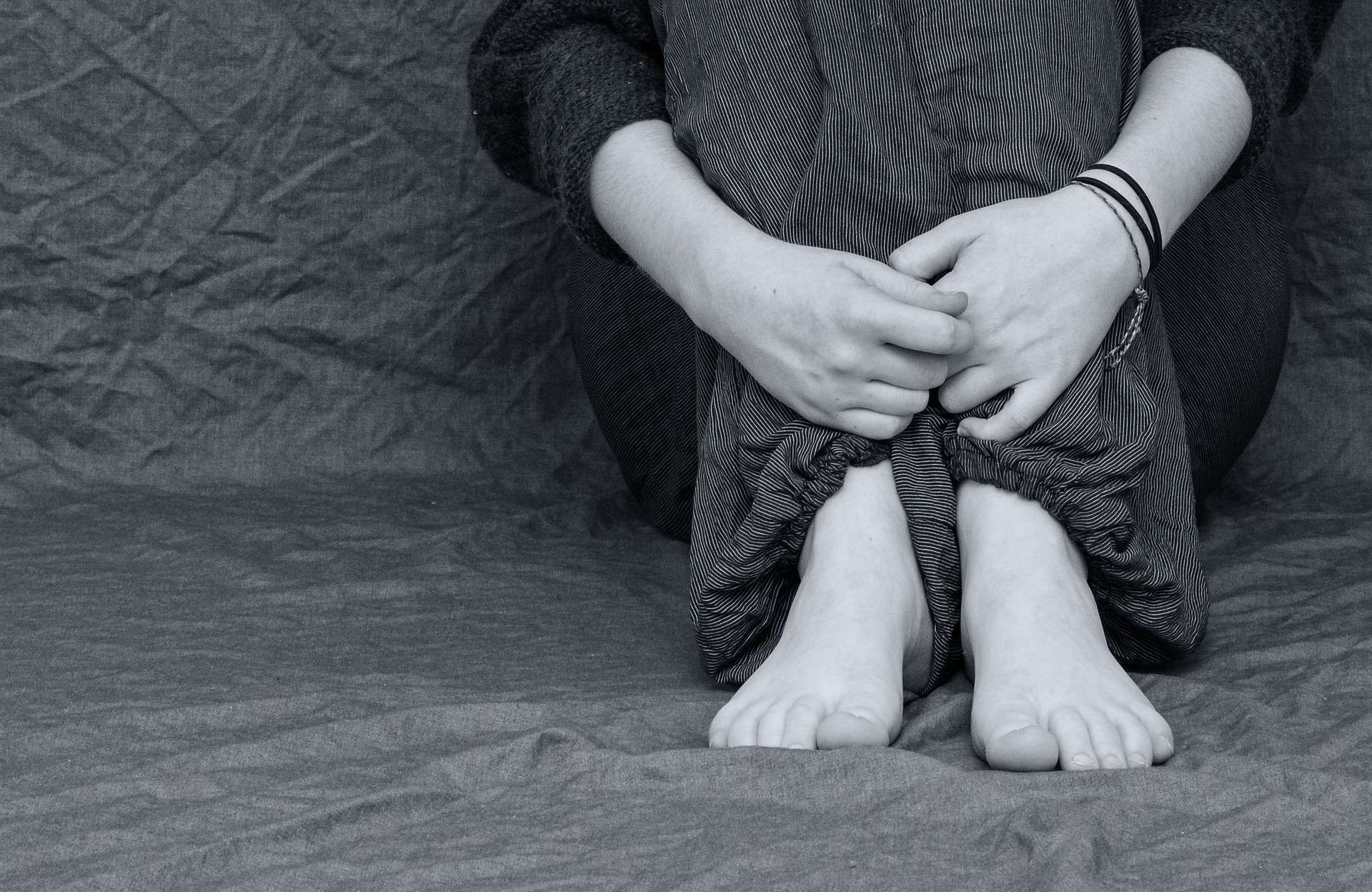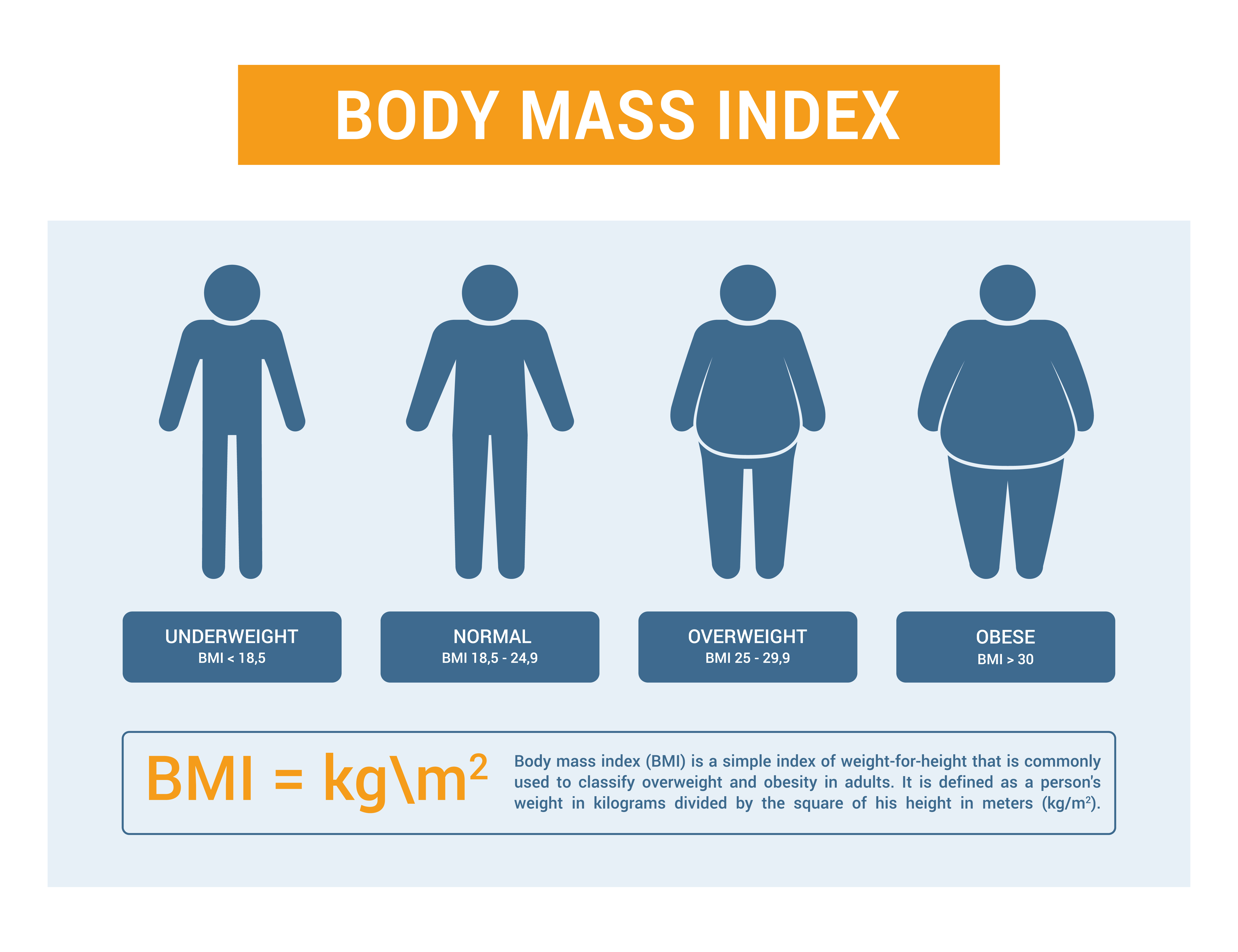Depressive symptoms higher for gay, lesbian and bisexual youth from age 10
Gay, lesbian, bisexual and questioning youth are more likely to experience depressive symptoms from as young as age 10 and these symptoms persist at least into their early 20s, finds a new UCL-led study.









